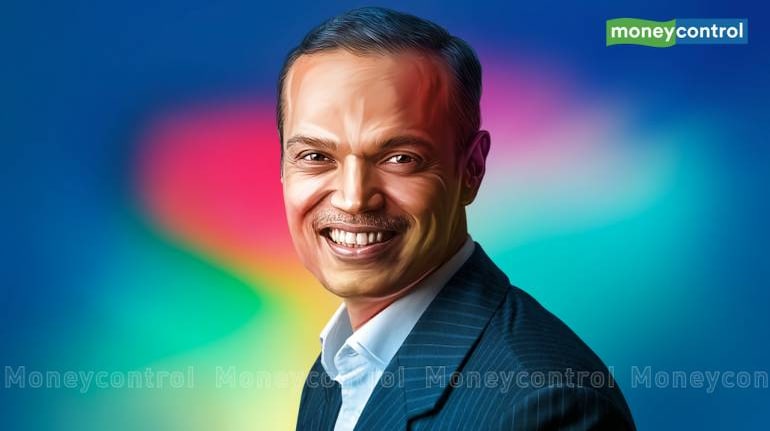
As the Indian economy comes out of a long period of below-trend growth, it’s likely that the earnings cycle will overshoot on the upside and so will the market, Ridham Desai, managing director and head of research, Morgan Stanley, has told Moneycontrol.
He expects Nifty earnings to compound over 20 percent in the coming years. He said that markets are at all-time high but may not have priced in the earnings growth of the coming years.
On December 8, Nifty 50 touched fresh high of 21,000. Nifty’s one year forward PE is at 21.35, while the ten-year average stands at 20.08. The index might look expensive compared to historical valuation, but Desai believes it is not.
“The earnings cycle is on its way up and we're here to stay for a fairly lengthy period, and it's probably going to go above trend GDP," said Desai. Therefore, share prices will follow suit or lead the earnings cycle as the market will discount the earnings. “So, the likelihood is that share prices will also materially deviate from the economic cycle to the upside as this bull market progresses," said Desai in an exclusive interview to Moneycontrol.
Over the next four year, earnings growth could exceed 20 percent on an annualised basis, he said. “I would opine that on a three-four year basis, the broad market earnings could compound at 20 percent,” he said.
Explaining the math, Desai said if the share of corporate profits rises from 5 percent of the GDP to 8 percent and nominal GDP grows at 10-11 percent per annum, over a four-year period, earnings will grow at 20 percent.
Also Read: Morgan Stanley's Ridham Desai shares how market prices in 'continuity' ahead of polls
“If this happens over three years, you get an even faster growth,” he said. The reason why the share of earnings in GDP will go up from 5 percent to 8 percent is because the investment cycle is turning.
“Even though the markets are close to the all-time high, in terms of investment cycle, we are still closer to 2003-04 than in 2008-09," he said.
Also Read: Ridham Desai lists 6 most important things to watch out for in the new year
“In 2003, corporate capex to GDP was at 4 percent. By 2010, it rose to 17 percent. It had more than quadrupled. Today, we are at 5 percent, not at 15 percent! So 5 percent is probably going to 15 percent before it peaks out. So there's a lot of capex coming,” reiterated Desai. “All this, however, in the context of the several risk factors that we have as a country and the world.”
Discover the latest Business News, Sensex, and Nifty updates. Obtain Personal Finance insights, tax queries, and expert opinions on Moneycontrol or download the Moneycontrol App to stay updated!